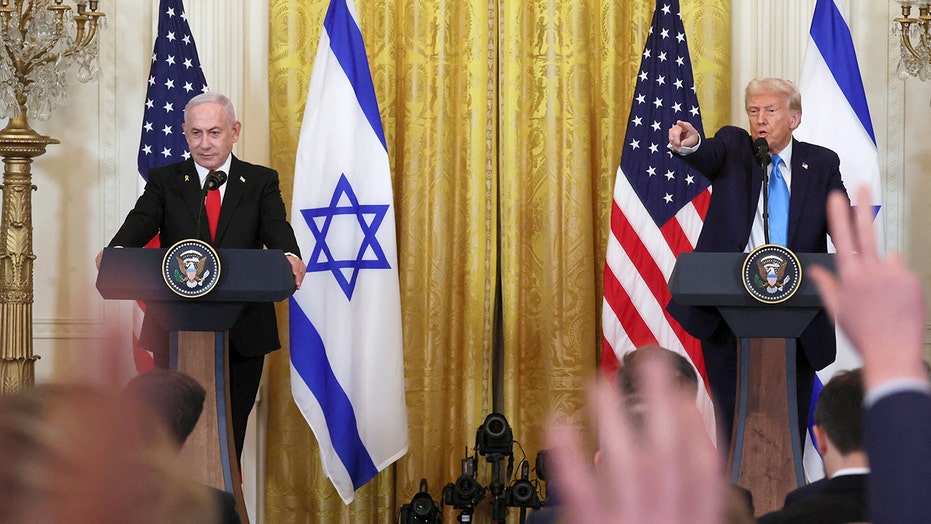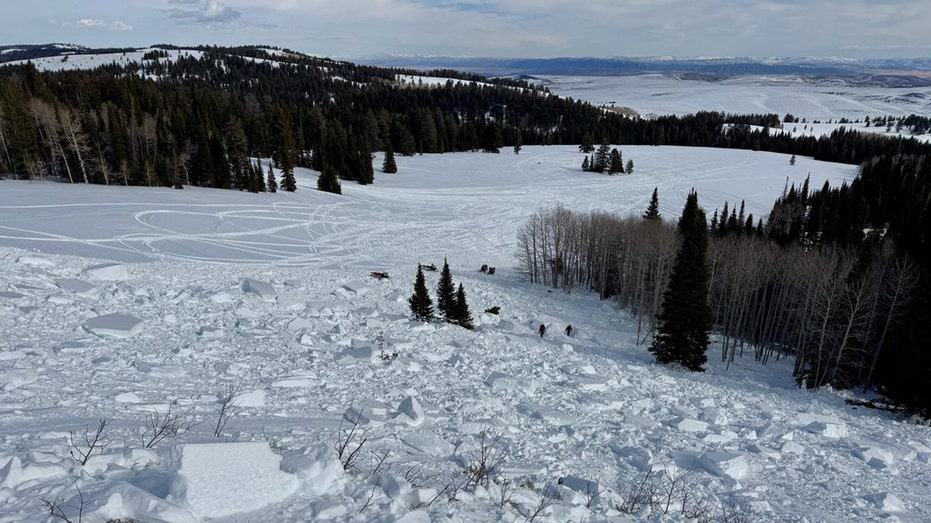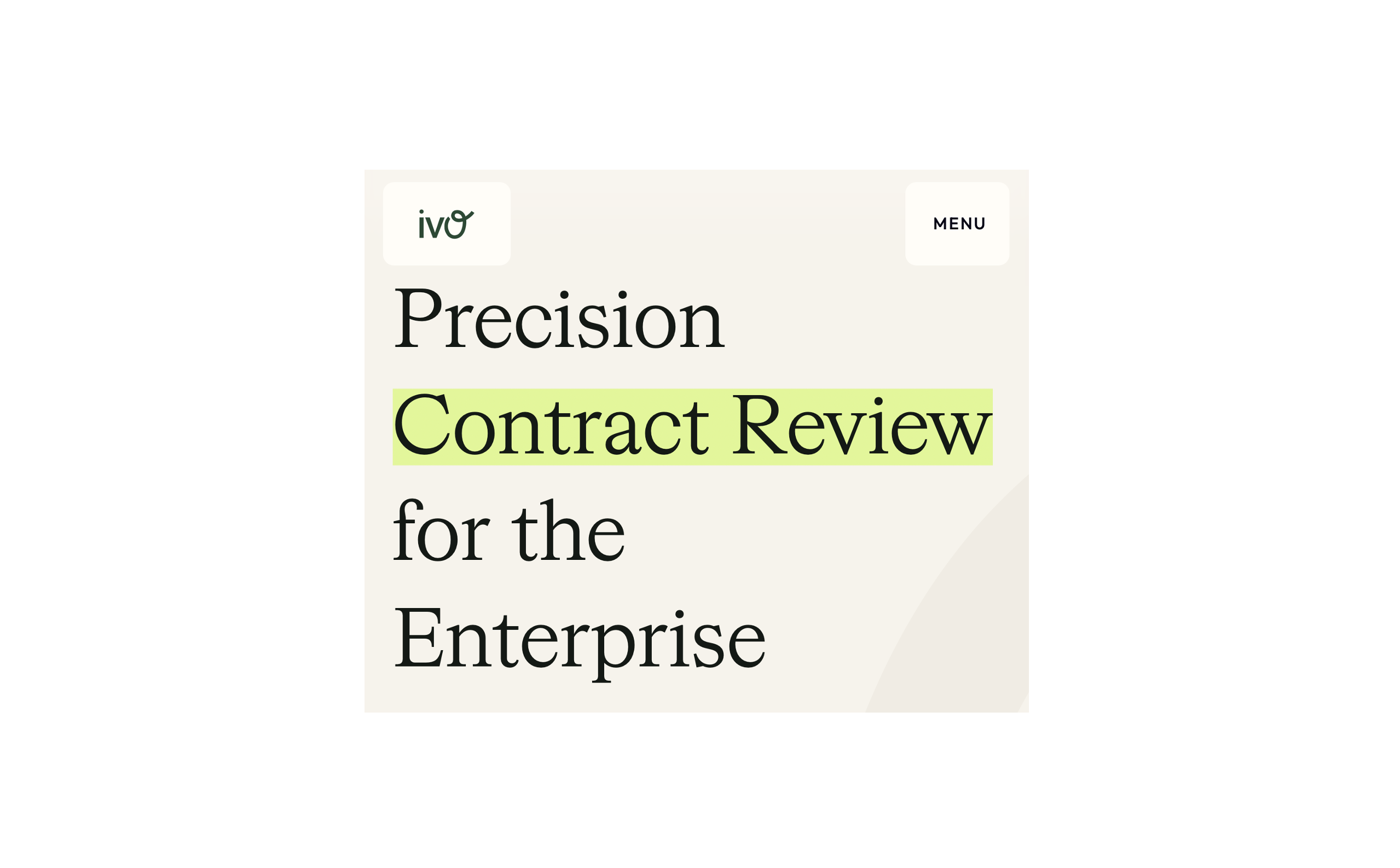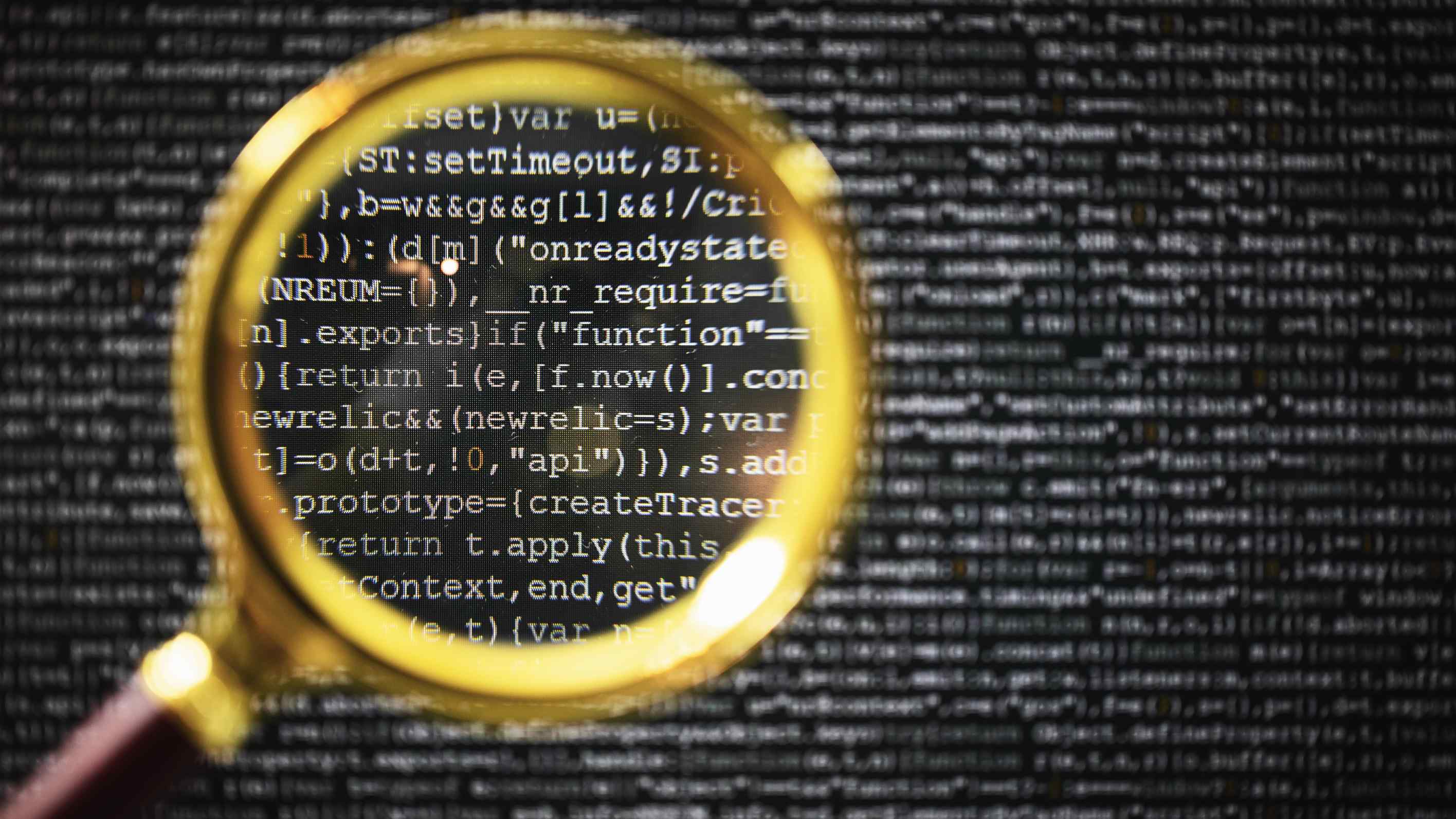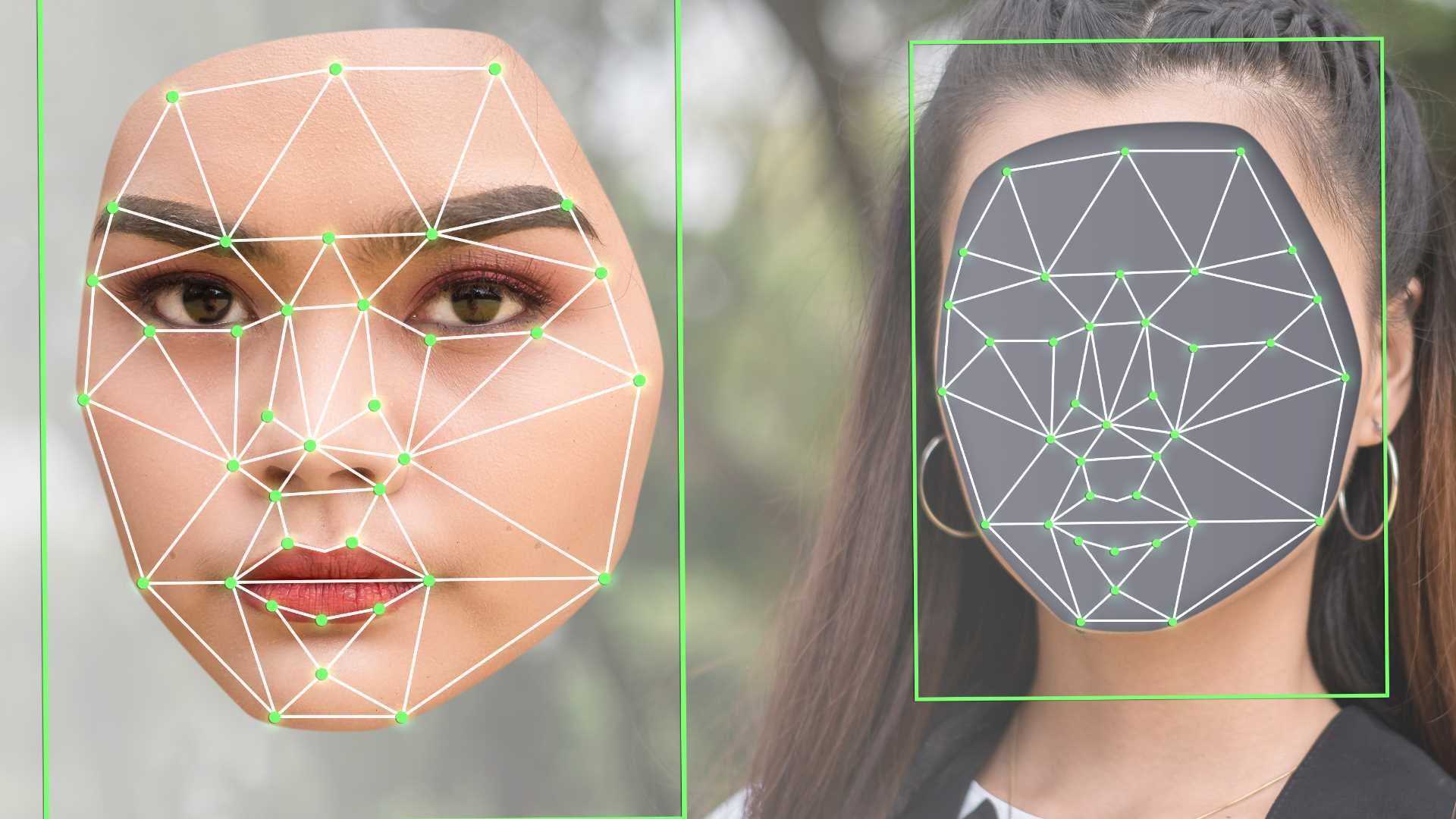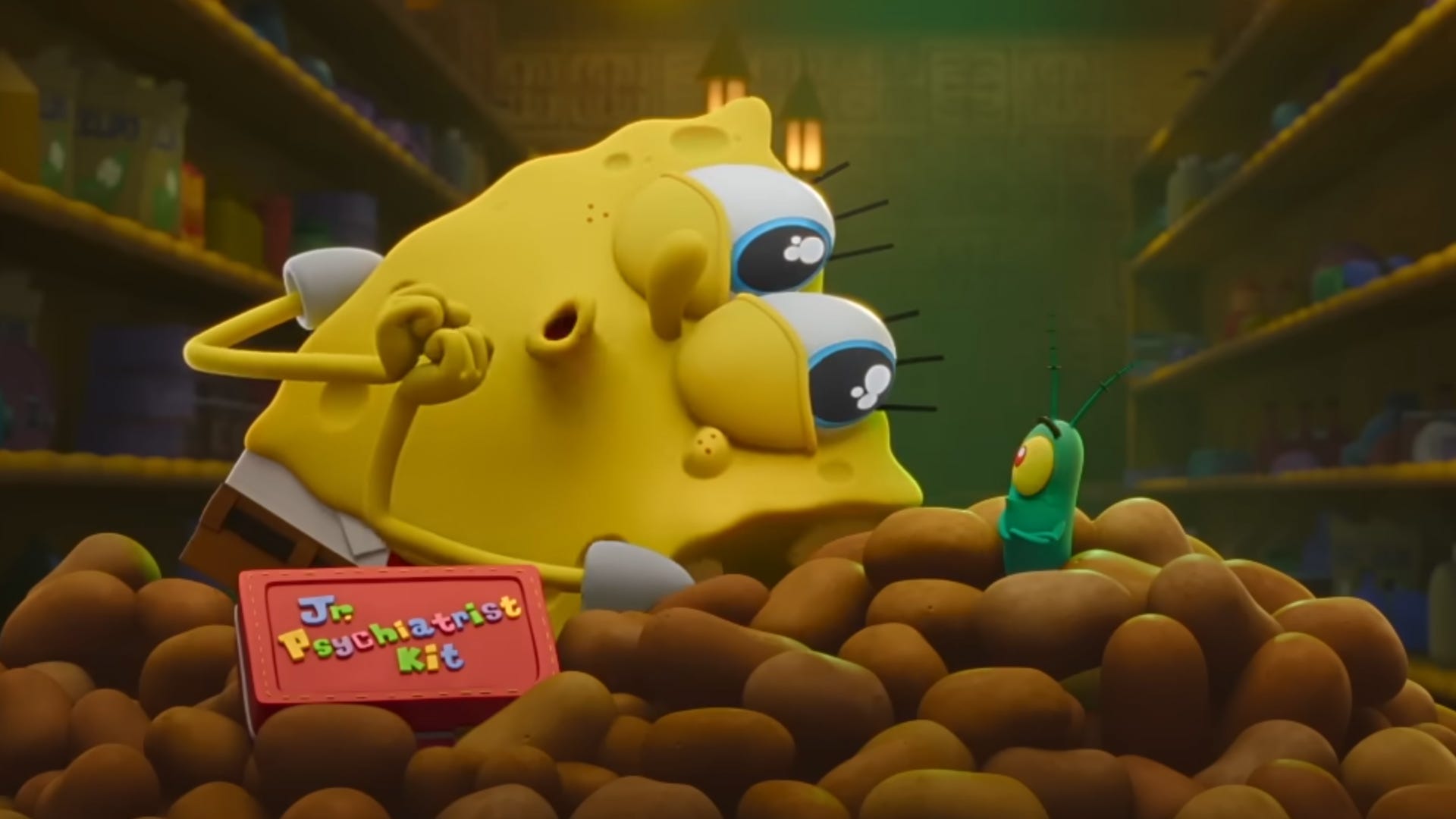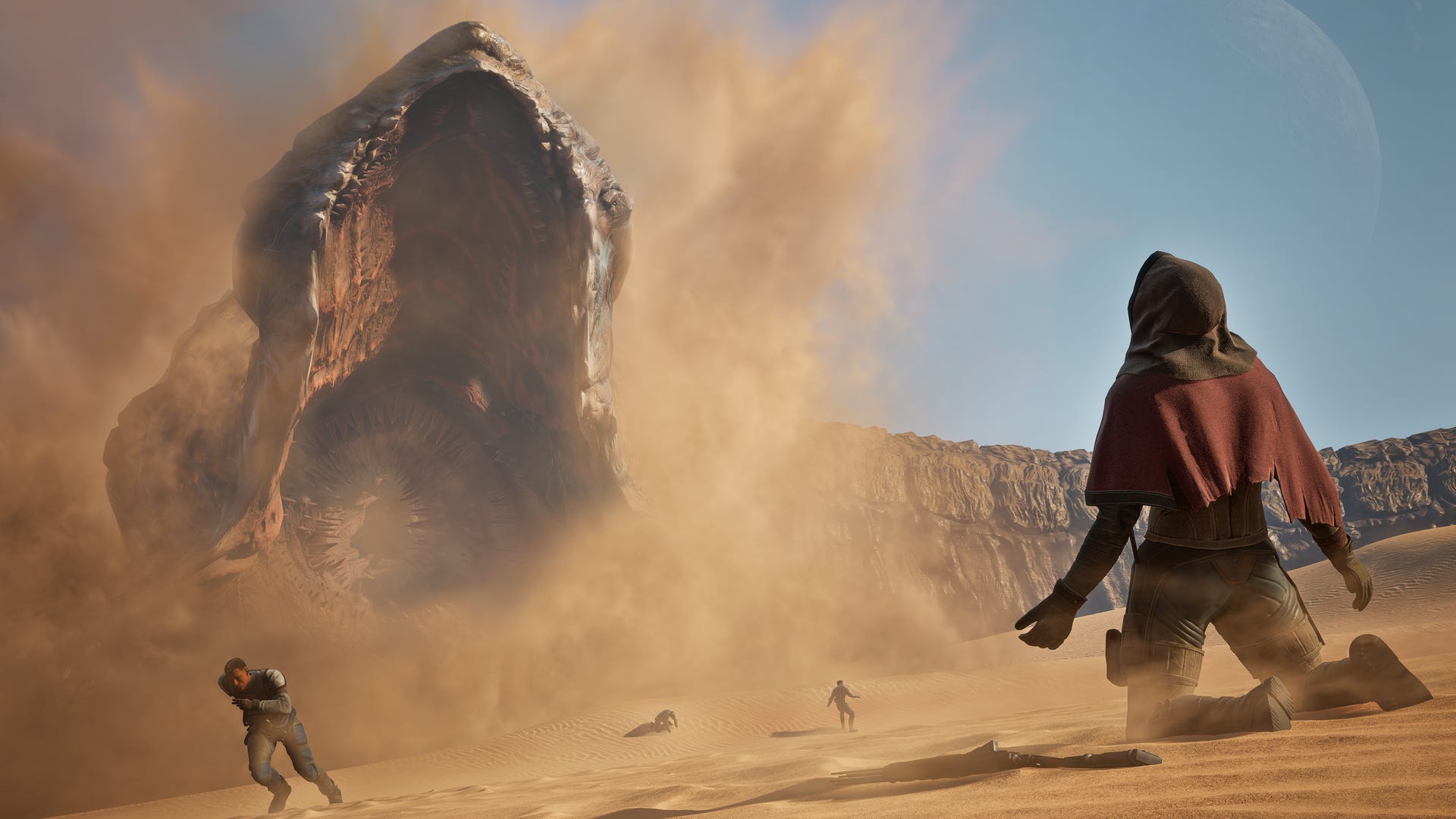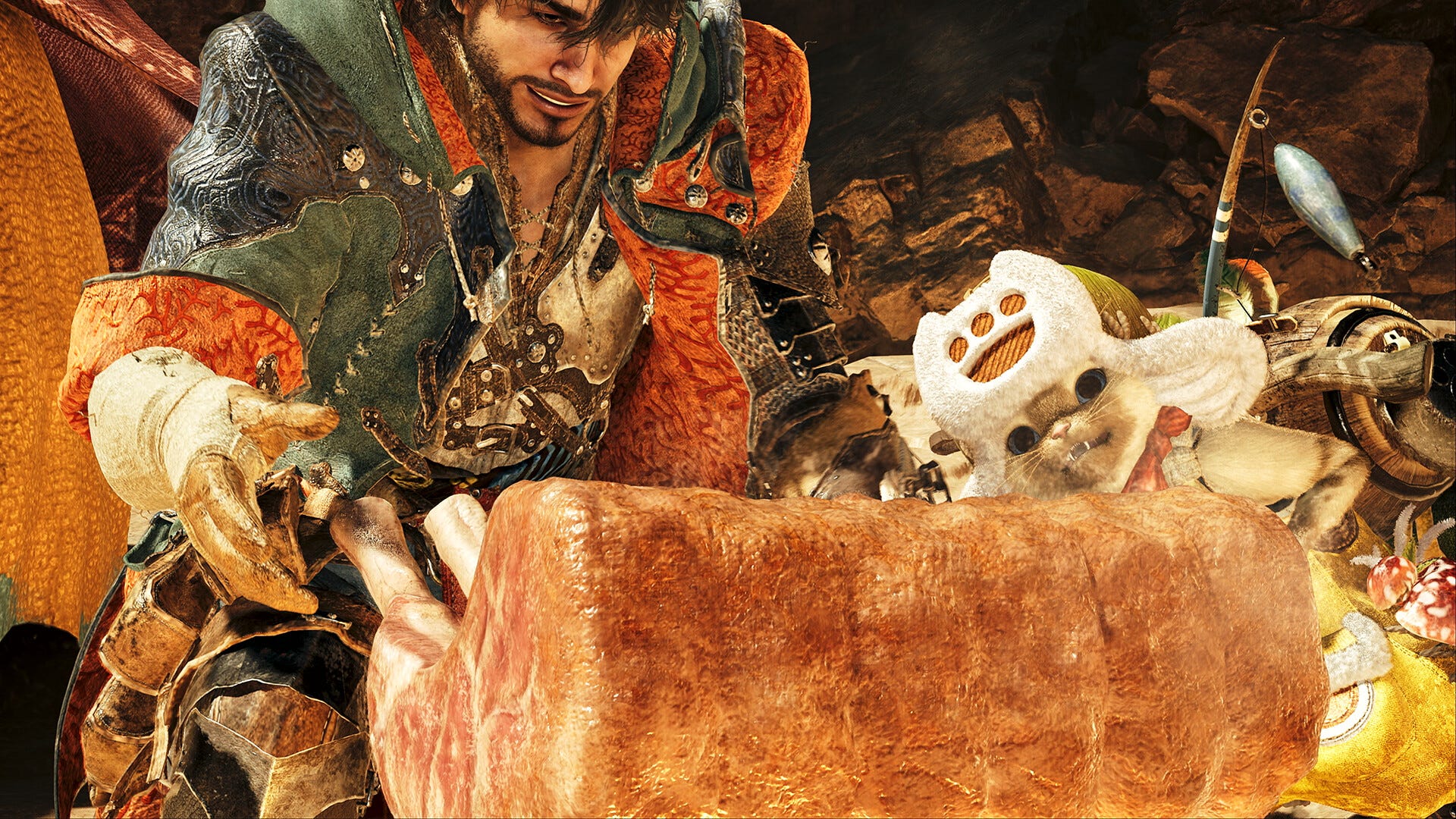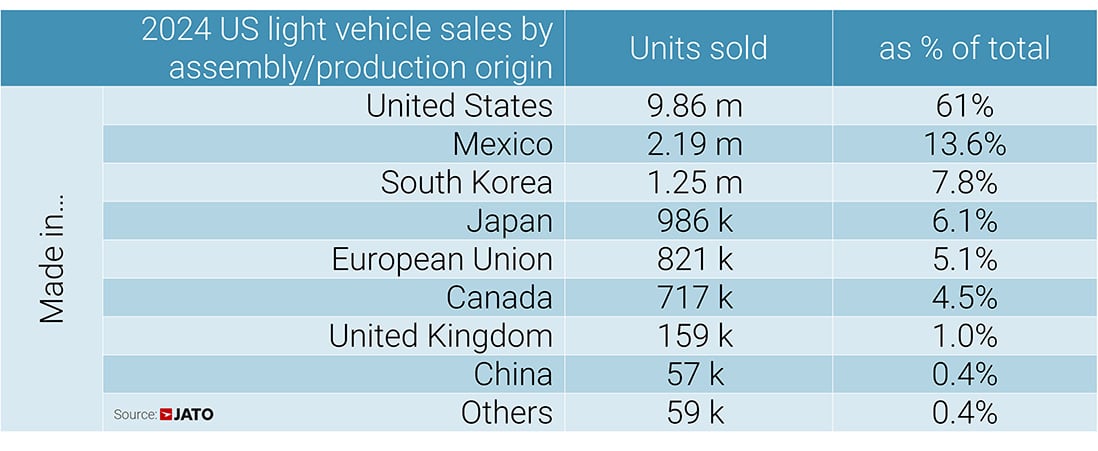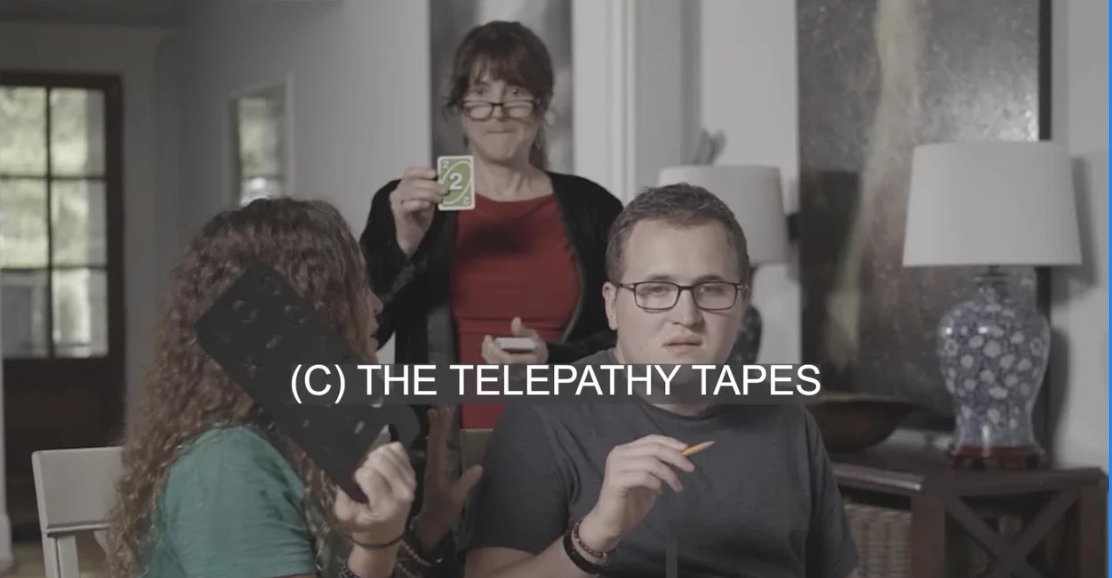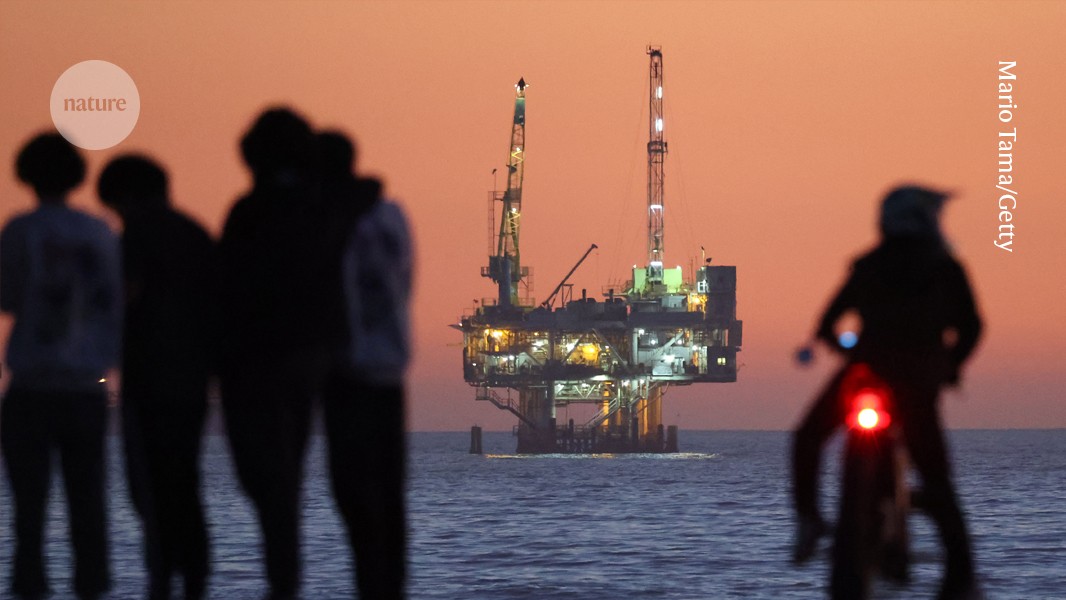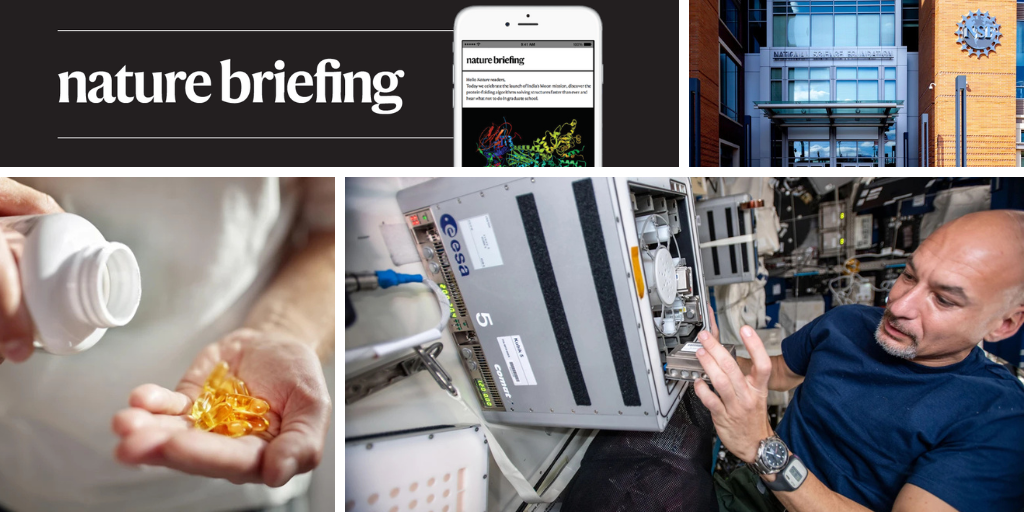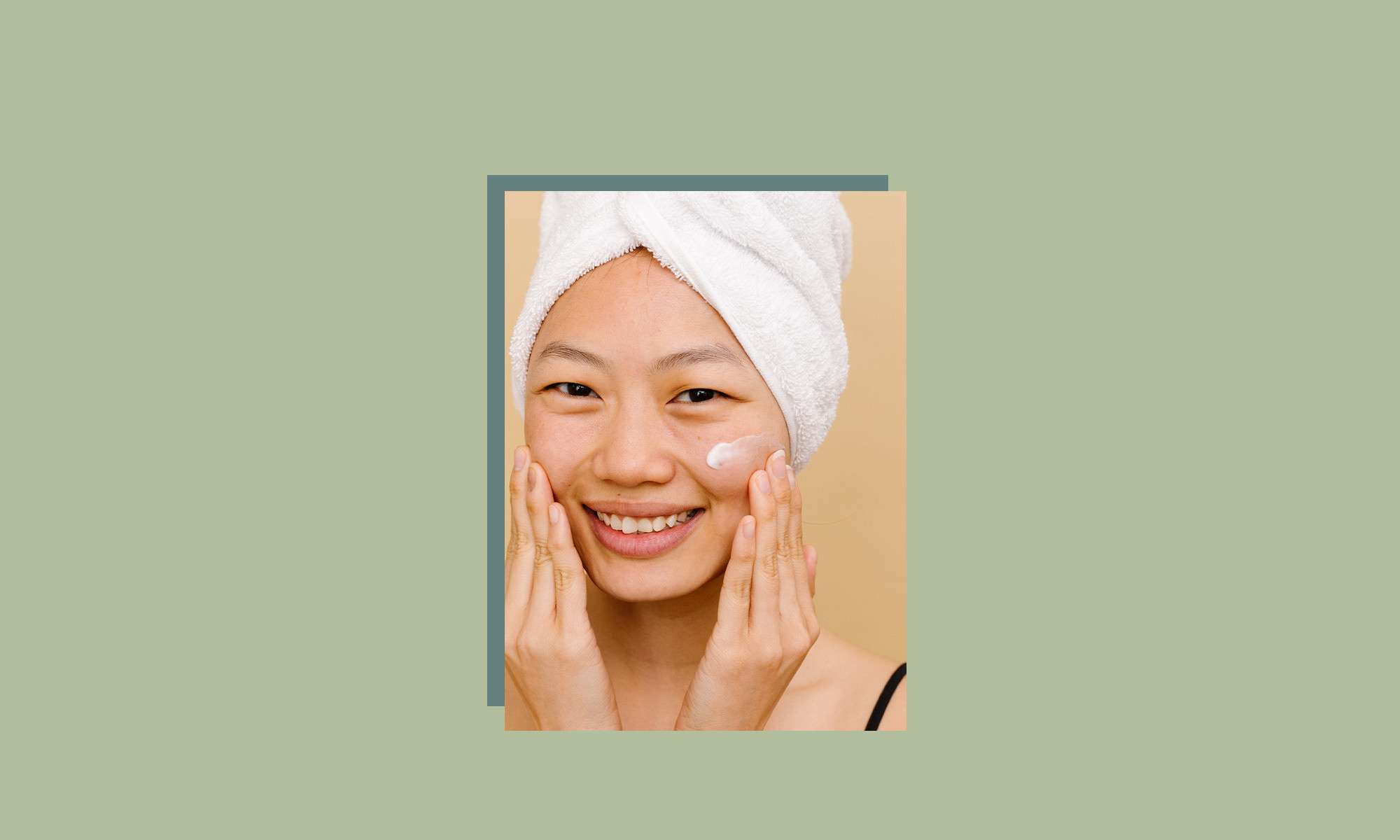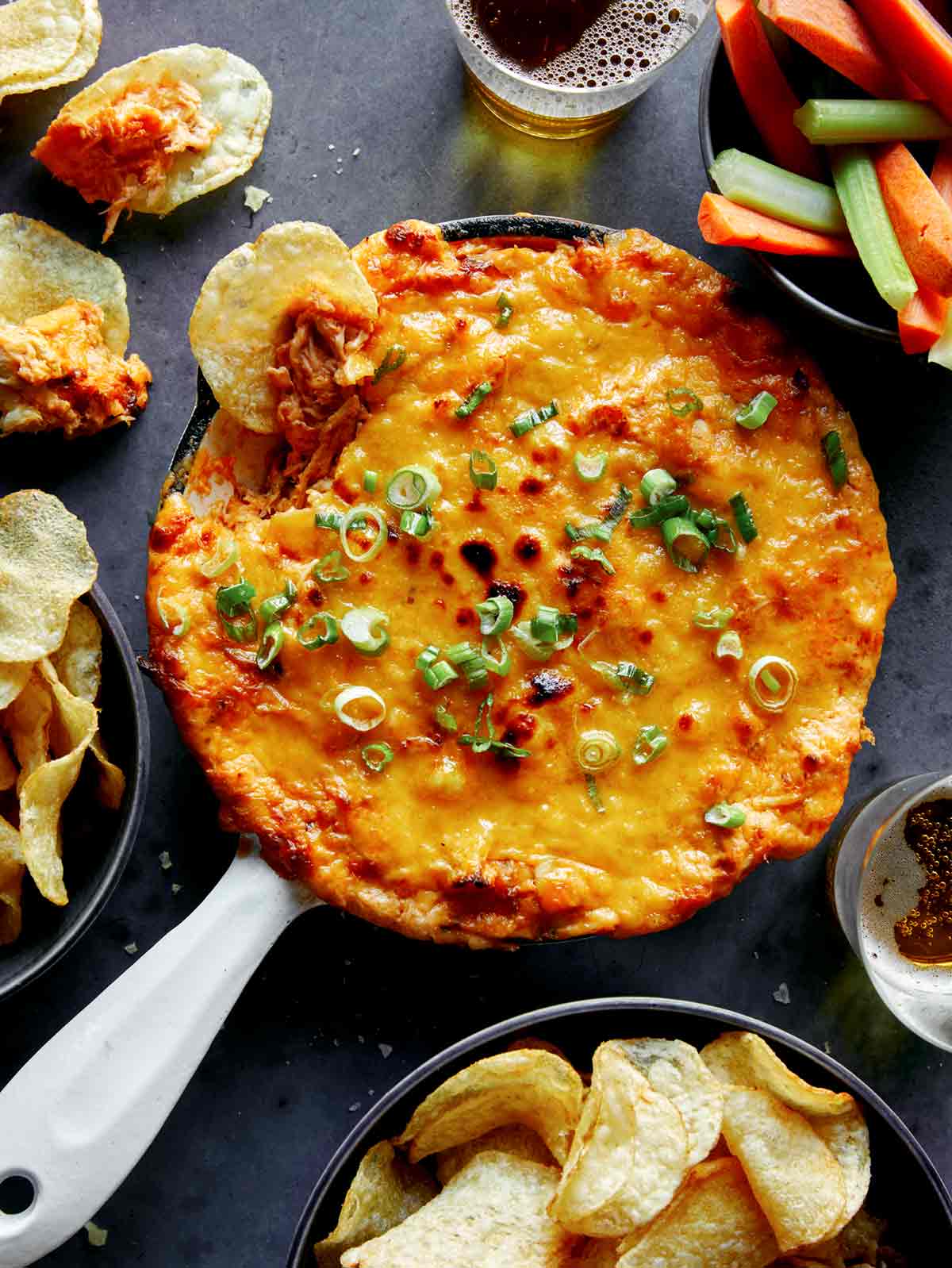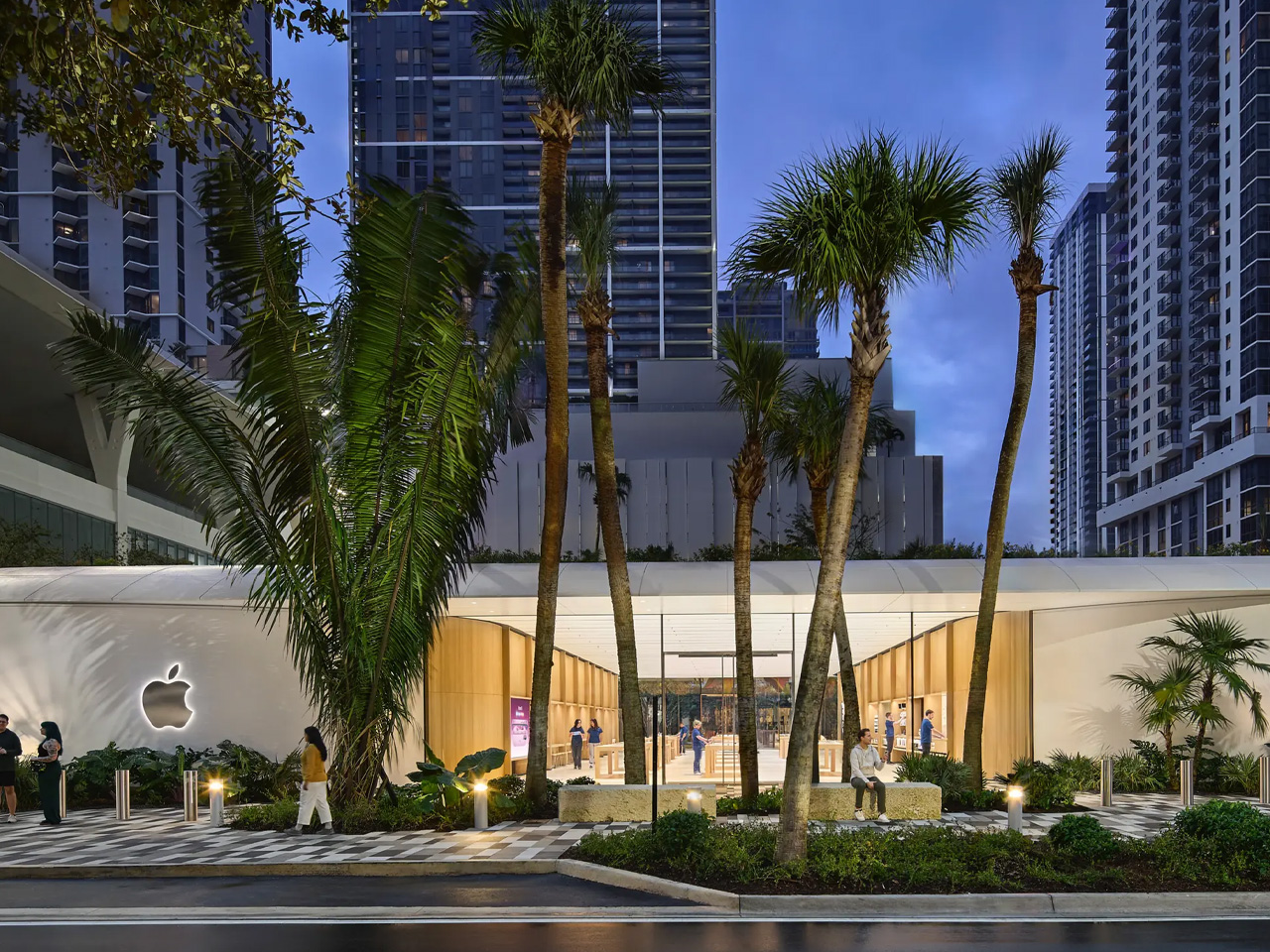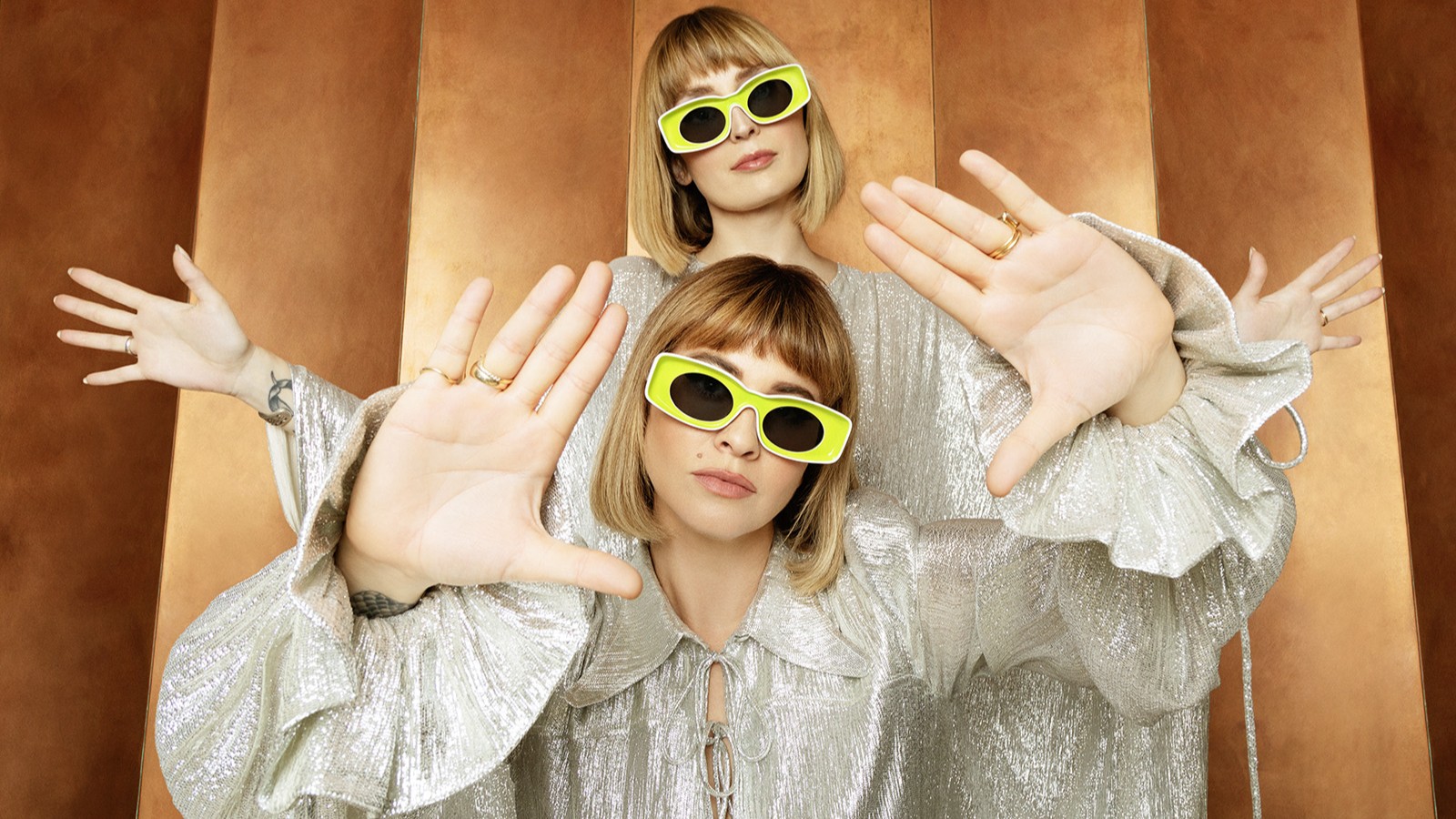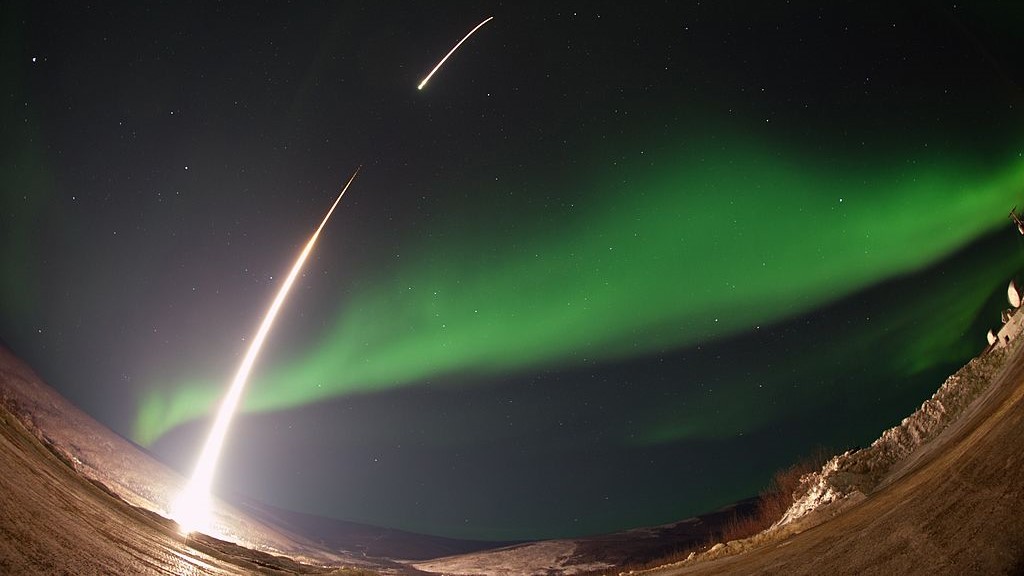Identity-based hiring goes wild in New Zealand
Just to show you how, in the hiring process, New Zealand gives much more weight to identity than to merit, I enclose part of the job description for the position of Chief Operating Officer of Wellington Water, the water utility for the Greater Wellington region (Wellington, a lovely city, is the capital of New Zealand). … Continue reading Identity-based hiring goes wild in New Zealand

Just to show you how, in the hiring process, New Zealand gives much more weight to identity than to merit, I enclose part of the job description for the position of Chief Operating Officer of Wellington Water, the water utility for the Greater Wellington region (Wellington, a lovely city, is the capital of New Zealand). The document was sent to me by a Kiwi who, of course, wishes to remain anonymous (you are not allowed to point out things like this for fear of losing your job or being demoted).
At the end of the whole job description (I have it on pdf), there’s a “person specification”, which gives both the “essential” and the “desired” qualities of the person to be hired. Note that experience in working in such a water system (“three waters” delivery refers to drinking water, storm water, and sewage) or having established a network in the water sector are only “desired” qualities (including a bachelor’s degree).
But the essential qualities, part of which I’ve outlined in red, include “an understanding and knowledge of te ao Maori, tikanga and the principles relating to Te Tiriti o Waitangi”. Here’s the end of the ad:
I’ll explain the three terms. Teo ao Māori is defined this way by the University of Otago in NZ:
Te Ao Māori denotes the Māori World. While simple in definition, it is rich in meaning and vast in breadth and depth.
Here, Te Ao Māori refers to three key areas:
- te Reo Māori (Māori language)
- Tikanga Māori (protocols and customs)
- te Tiriti o Waitangi (the Treaty of Waitangi)
Together, these three areas will provide you with a broad overview, and hopefully, a better understanding of Māori culture and Māori realities.
“Tikanga” is Māori social lore, defined this way:
Tikanga, or societal lore within Māori culture, can best be described as behavioural guidelines for living and interacting with others. Tikanga tends to be based on experience and learning that has been handed down through generations, also deeply rooted in logic and common sense. While concepts of tikanga are constant, their practice can vary between iwi and hapū. For example, the way in which a hapū greet and welcomemanuhiri (visitors) may differ from the way another hapū extends greetings to its manuhiri. However, both will ensure that they meet their responsibilities of manaakitanga (hospitality) to host and care for their visitors.
Participating in a different culture requires a base level of awareness and understanding, which takes both time and patience. If you are unfamiliar with tikanga, learn as much as you can from as many sources as possible; this will enrich your experiences with the culture and improve your ability to participate more fully, and with greater confidence . Remember, ‘When in Rome, do as Romans do!’
And, finally, to run the water system you have to know the principles of the 1840 Treaty of Waitangi, regarded as a sacred document in New Zealand and used as the basis of the indigenous people’s attempt to gain power and equity.
Seriously, why do you even need these “qualifications” to run a water system?
Only if you know what’s going on in New Zealand can you see why the qualifications are given this way: identity—that is, Māori descent—is much more important than skills. As my correspondent wrote, quoted with permission:
So woke and DEI still rule in our capital city. The Person Specification is also borderline racist, because it is unlikely that anyone other than a Maori would be deemed to be sufficiently steeped in te ao Maori and tikanga.
The correspondent added this:
Given the required skill set, it will not surprise you to learn that Wellington has the most poorly maintained and least efficient water supply and sewerage system of any major city in New Zealand, and routinely loses more than 50 per cent of the water stored in its supply dams because of an enormous number of leaks in the reticulation system.
When I asked for evidence that Wellington’s water system is indeed in bad shape, the reader sent me a bunch of stuff (too much to post), including this headline from the New Zealand Herald (check the photos, click to read):
As if that wasn’t enough indication of trouble, this is from the Wellington Scoop last May (click to read):
From Wellington Water‘s own website, highlighting the problems; click to read:
Their “story” (again on their website; click to read):
An important aspect of Wellington Water’s story is “te mana o te wai”, essentially meaning “the spirit of the water”. And that, of course, can be divined only by Maori.
Bolding below is mine. Note the prevalence of indigenous concepts involving superstition:
Te Mana o te Wai
As a water services provider, on behalf of its shareholding councils, Wellington Water is required to give effect to te mana o te wai. Te mana o te wai is an expression in te reo Māori of the essential health of water, its significance to Māori, and the obligations everyone has towards water. Te mana o te wai is embedded as a fundamental concept in the management of water under the National Policy Statement for Freshwater Management, and giving effect to te mana o te wai is a requirement of water services providers under the Water Services Act, overseen through Taumata Arowai.
Wellington Water carries out this duty by working with iwi mana whenua within its area of operations to understand and give effect to their expressions of te mana o te wai. This includes the aspiration to begin long term strategy and planning processes from a position of understanding iwi priorities, through to working with iwi [“iwi” are Māori tribes] on service delivery.
To further support this work, Wellington Water carries out ongoing training for staff on the principles of Te Tiriti, in te reo Māori, and capability building in te ao Māori me nga tikanga Māori. [“The Māori world and the Māori culture”]
“Mana” is, according to the Māori, a supernatural force in a person, place or object”that pervades all objects and gives them “power, prestige, and authority”.
New Zealanders of all stripes should be embarrassed that they so blatantly put ancestry above merit. Perhaps if they prized merit more, the Wellington Water system would not be in so much trouble.

